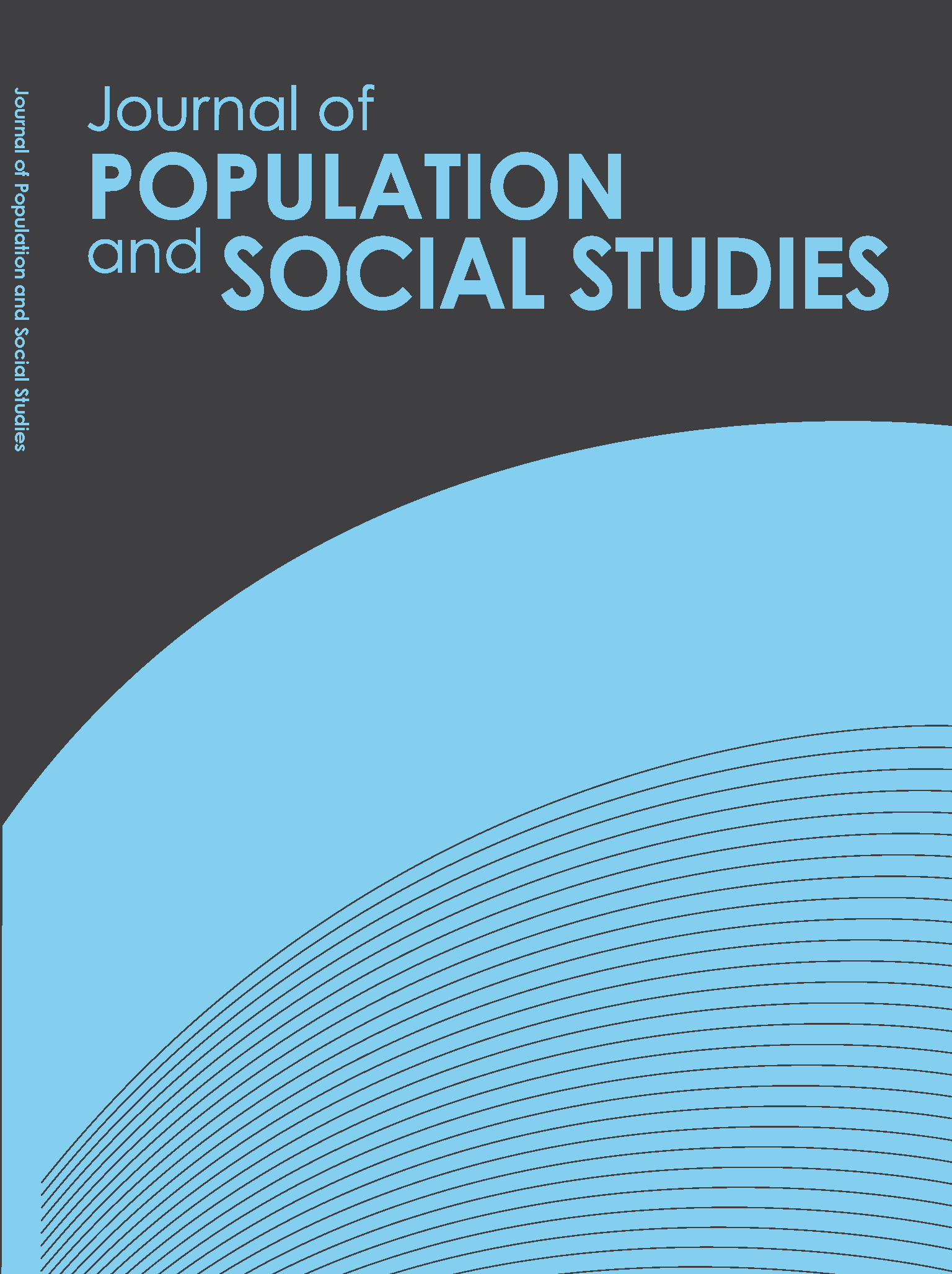Migration Experience of Pregnant Women and Iodine Deficiency Disorder in Newborns in Nan Province, Thailand
Main Article Content
Abstract
This study aimed to assess the incidence of iodine deficiency disorder (IDD) in newborns of migrant pregnant women compared to the non-migrant pregnant women and to explore the relationship between migration experience and IDD in newborns.
The data obtained from the Survey of Preventive Behaviors for Iodine Deficiency Disorder of pregnant women in 2002 conducted in Nan province, Thailand. Using questionnaires and the laboratory results of Thyroid Stimulating Hormone (TSH) of newborn blood are conducted in this project. In data analysis, logistic models were increasingly applied by using binary logistic regression.
The important findings were: Iodine deficiency disorder in newborns of
migrant pregnant women was higher than those of non-migrant pregnant women. In the logistic regression models, the finding illustrated the evidence to indicate that pregnant women’s migration is affecting on IDD in newborns both directly and indirectly. Moreover, the pregnant women who had lower socio-economic status or less consumed iodine supplements were distinctly facing with IDD in newborns more than those who
had high socio-economic status or regularly consumed iodine upplemented, respectively.


